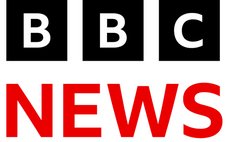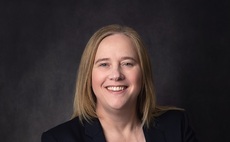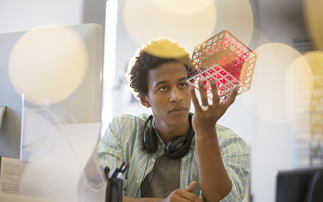Micro Bit mini computer also launched as Beeb attempts to fill 5,000 national tech jobs
The BBC has launched a national IT literacy campaign called "Make it Digital", along with a new micro-computer called the Micro Bit, in a scheme Google MD Eileen Naughton described as "using the me...
To continue reading this article...
Join Computing
- Unlimited access to real-time news, analysis and opinion from the technology industry
- Receive important and breaking news in our daily newsletter
- Be the first to hear about our events and awards programmes
- Join live member only interviews with IT leaders at the ‘IT Lounge’; your chance to ask your burning tech questions and have them answered
- Access to the Computing Delta hub providing market intelligence and research
- Receive our members-only newsletter with exclusive opinion pieces from senior IT Leaders






















